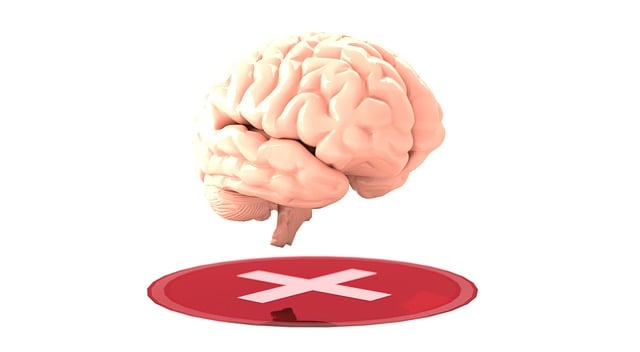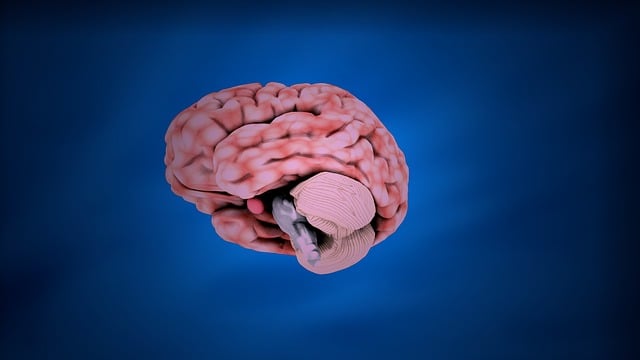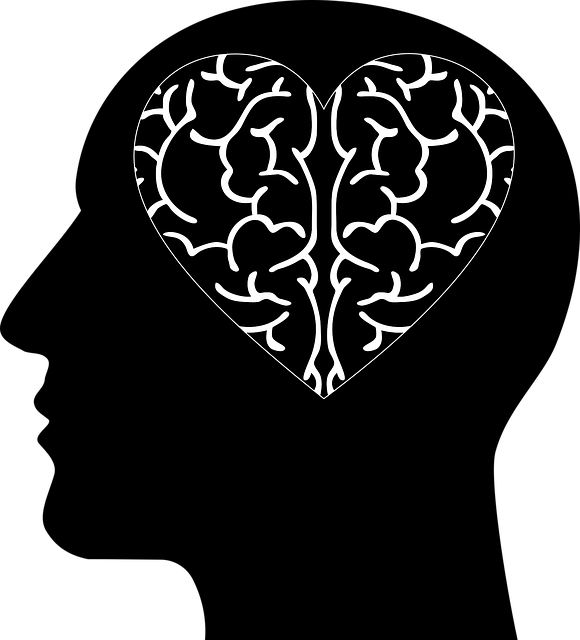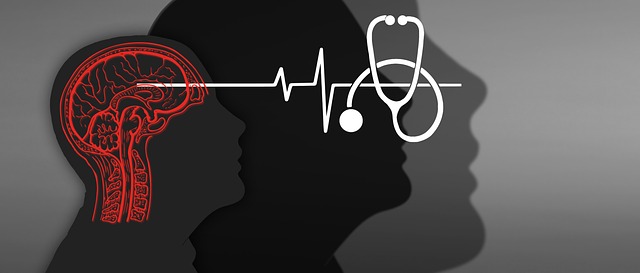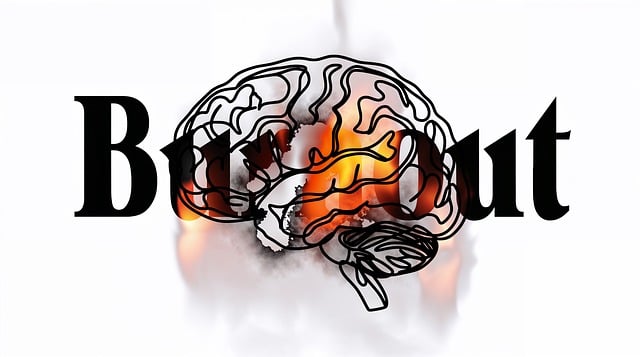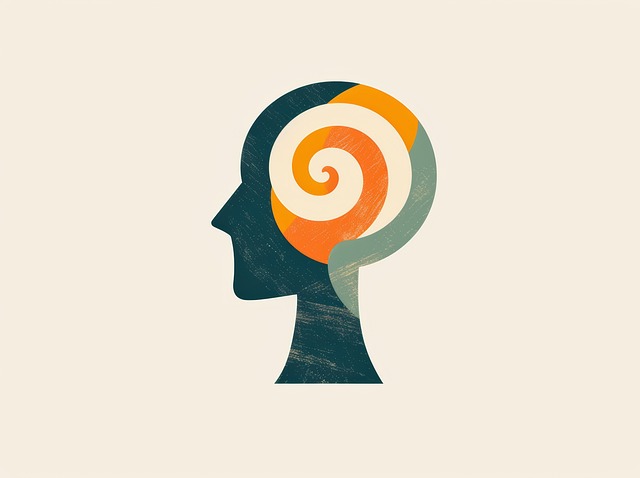Elderly Adjustment Disorder (EAD), a common mental health issue in seniors, manifests as severe emotional responses to stressors like moving or financial hardships, causing sadness, anxiety, irritability, and sleep disturbances. Untreated EAD can lead to isolation and physical issues. Crisis Intervention Teams (CITs) play a crucial role in addressing EAD by providing specialized support using techniques such as active listening, empathy building, mindfulness, and self-care practices. Effective CIT training equips professionals with skills to de-escalate crises, foster calm decision-making, and connect elders with resources, ultimately promoting resilience and improving quality of life for those suffering from Therapy for Elders Adjustment Disorder.
Crisis intervention team (CIT) training programs play a vital role in equipping caregivers with essential skills to support seniors facing adjustment disorders. This article delves into the significance of CITs in elder care, focusing on Understanding Elderly Adjustment Disorder and its symptoms. We explore the crucial components of crisis intervention training, highlighting effective strategies for professionals to assist elders. By enhancing our knowledge of therapy for elderly adjustment disorder, we can improve outcomes for those navigating this challenging phase.
- Understanding Elderly Adjustment Disorder: Symptoms and Impact
- The Role of Crisis Intervention Teams in Elder Care
- Essential Components of Crisis Intervention Training Programs
- Effective Strategies for Supporting Elders Through Training
Understanding Elderly Adjustment Disorder: Symptoms and Impact

Elderly Adjustment Disorder (EAD) is a complex mental health condition often overlooked in older adults. It manifests as a significant emotional reaction to stressful events or life transitions, such as moving to a new care facility, losing a spouse, or experiencing financial hardships. Understanding EAD involves recognizing its symptoms, which can include intense sadness, anxiety, irritability, and sleep disturbances. These symptoms can significantly impact an elderly individual’s daily functioning, social interactions, and overall quality of life.
The effects of EAD can be profound, leading to isolation, a decline in mental wellness, and even physical health issues if left untreated. Therapy for Elders Adjustment Disorder often involves cognitive-behavioral techniques tailored to address specific symptoms. Mental Health Policy Analysis and Advocacy play a crucial role in ensuring that older adults have access to appropriate care and support systems. Effective mood management strategies are also integral to helping individuals with EAD regain a sense of control and improve their mental health outcomes, ultimately enhancing their overall well-being.
The Role of Crisis Intervention Teams in Elder Care

Crisis Intervention Teams (CITs) play a pivotal role in elder care, offering specialized support for seniors facing various challenges. As our aging population grows, ensuring their well-being and mental health becomes increasingly crucial. CITs are designed to provide immediate assistance during crises, which can include situations like severe depression, anxiety, or even suicidal ideation. These teams often consist of healthcare professionals, social workers, and volunteers who receive comprehensive training in recognizing and managing elderly individuals’ unique needs.
One significant aspect of their work is addressing Therapy for Elders Adjustment Disorder (TEAD), a common mental health issue among the senior citizenry. TEAD arises from significant life changes or stressful events, such as moving to a new care facility, loss of independence, or dealing with chronic illnesses. CIT members employ compassion cultivation practices to create safe spaces for elders to express their emotions and fears. Through community outreach program implementation, they connect seniors with necessary resources and support systems, fostering better coping mechanisms. Furthermore, mental health policy analysis and advocacy are integral parts of their role, pushing for system-level changes that prioritize elderly mental healthcare.
Essential Components of Crisis Intervention Training Programs

Effective crisis intervention team training programs are multifaceted and tailored to prepare professionals for managing acute emotional crises. A core component involves teaching specific techniques to assess and de-escalate situations, ensuring safety for all involved. This includes strategies like active listening, empathy building, and crisis communication skills, which foster a sense of calm and facilitate clear decision-making.
Another vital aspect is integrating self-care practices within the training curriculum. Professionals must learn to prioritize their mental wellness through journaling exercises and mindfulness techniques to manage stress and prevent burnout. Moreover, cultivating cultural sensitivity in mental healthcare practice is indispensable. Training should equip teams with the knowledge and skills to navigate diverse cultural contexts, ensuring respectful and effective interventions for elders adjusting to significant life changes, such as those diagnosed with adjustment disorder.
Effective Strategies for Supporting Elders Through Training

Training programs designed to support elders experiencing crisis must incorporate effective strategies tailored to their unique needs and challenges. For aging individuals, adjustments to physical health changes, loss of independence, and social isolation can exacerbate existing mental health conditions like Adjustment Disorder. Incorporating mindfulness meditation practices into crisis intervention training can empower elders to manage stress and anxiety, fostering a sense of calm during turbulent times.
Additionally, teaching self-care routine development for better mental health is vital. Simple yet impactful practices such as regular exercise, adequate sleep, and structured daily routines can significantly improve elders’ resilience and coping mechanisms. Effective communication strategies are also essential. Training facilitators should model active listening, empathy, and clear, compassionate language to create a safe and supportive environment where elders feel heard and respected.
Crisis intervention team training programs play a vital role in enhancing care for elders, especially those dealing with Elderly Adjustment Disorder (EAD). By equipping caregivers and family members with essential skills, these programs enable more effective support during challenging times. Understanding the symptoms and impact of EAD is crucial, as it allows for timely interventions. Through comprehensive training, participants learn strategies to manage crises, improve communication, and promote healing. This, in turn, fosters a supportive environment that enhances the quality of life for elders, offering them much-needed therapy and peace of mind.
